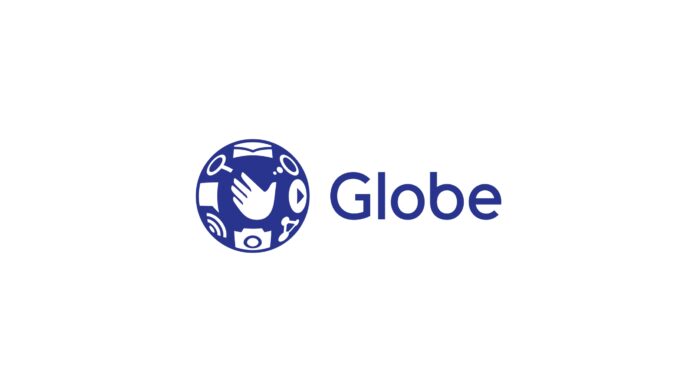Globe Telecom Inc. said Wednesday it supports the move to amend the 26-year-old Intellectual Property Code to strengthen enforcement against online content piracy.
“The Globe Group recognizes the urgent need to modernize the Intellectual Property Code, especially in the face of growing online threats such as online content piracy, said Yoly Crisanto, Globe chief sustainability and corporate communications officer.
“It’s crucial to safeguard our creative industries, their workforce, and consumers who might unknowingly access malicious links on pirated websites, jeopardizing their personal data,” she added.
Senators Jinggoy Estrada and Ramon “Bong” Revilla Jr. have filed separate bills to strengthen the Intellectual Property Code, a parallel measure to House Bill 7600 by Rep. Joey Salceda of Albay’s 2nd District at the House of Representatives which passed third reading in May this year.
These legislative efforts are designed to update Republic Act 8293, also known as the Intellectual Property Code of the Philippines established in 1997 well before online content piracy became prevalent.
Amending the Intellectual Property Code will institutionalize a landmark memorandum of understanding that the Intellectual Property Office of the Philippines (IPOPHL) recently signed with Globe and other leading internet service providers (ISPs) to establish a site-blocking mechanism against pirate sites.
The MOU, the first in Asia, is a significant step forward against online content piracy as it establishes a voluntary site-blocking practice versus the unauthorized distribution and sale of pirated content over the internet. The MOU also outlines the general principles and procedures for site blocking as it underscores collaboration between IPOPHL and ISPs.
The proposed bills by Estrada and Revilla, both actors who are personally familiar with the perils of film piracy, allows the IPOPHL to restrict access to copyright-infringing sites and initiate site-blocking measures, supporting the creative sectors against rampant piracy.
Estrada’s Senate Bill 2150, submitted in May this year, suggests blocking access to websites promoting copyright violations and proposes fines of up to P1 million.
Revilla’s Senate Bill No. 2385, filed in August, focuses on enhancing the IPOPHL’s authority and responsibilities.
Estrada highlighted the significant spike in online film piracy during the COVID-19 pandemic, with illegal online links to Filipino films, including those from the 2020 Metro Manila Film Festival, being widely shared on social media.
The IPOPHL reported a noticeable increase in online piracy and counterfeiting activities in 2020, with the number of reports and complaints exceeding the average in the previous five years.
Surveys by YouGov, commissioned by the Coalition Against Piracy (CAP), suggest that enforcing site-blocking could greatly benefit the Philippines’ P1.6-trillion creative industries, which contributed 7.3 percent to the country’s economy in 2022.
While 58 percent of consumers interact with pirated content, many are willing to pay for legitimate content if not available on pirated platforms.
The survey showed varied preferences for legal content consumption, with 53 percent opting for subscription services, 15 percent for pay-per-view, 28 percent for cinema, 13 percent for Blu-Ray or DVD, and 39 percent for ad-supported media.
Filipinos overwhelmingly support government action against online content piracy. The survey revealed that 45 percent support ISP restrictions on pirate websites, 27 percent are in favor of banning Android TV boxes that access pirated content, and 39 percent back the prohibition of apps offering pirated content access.







